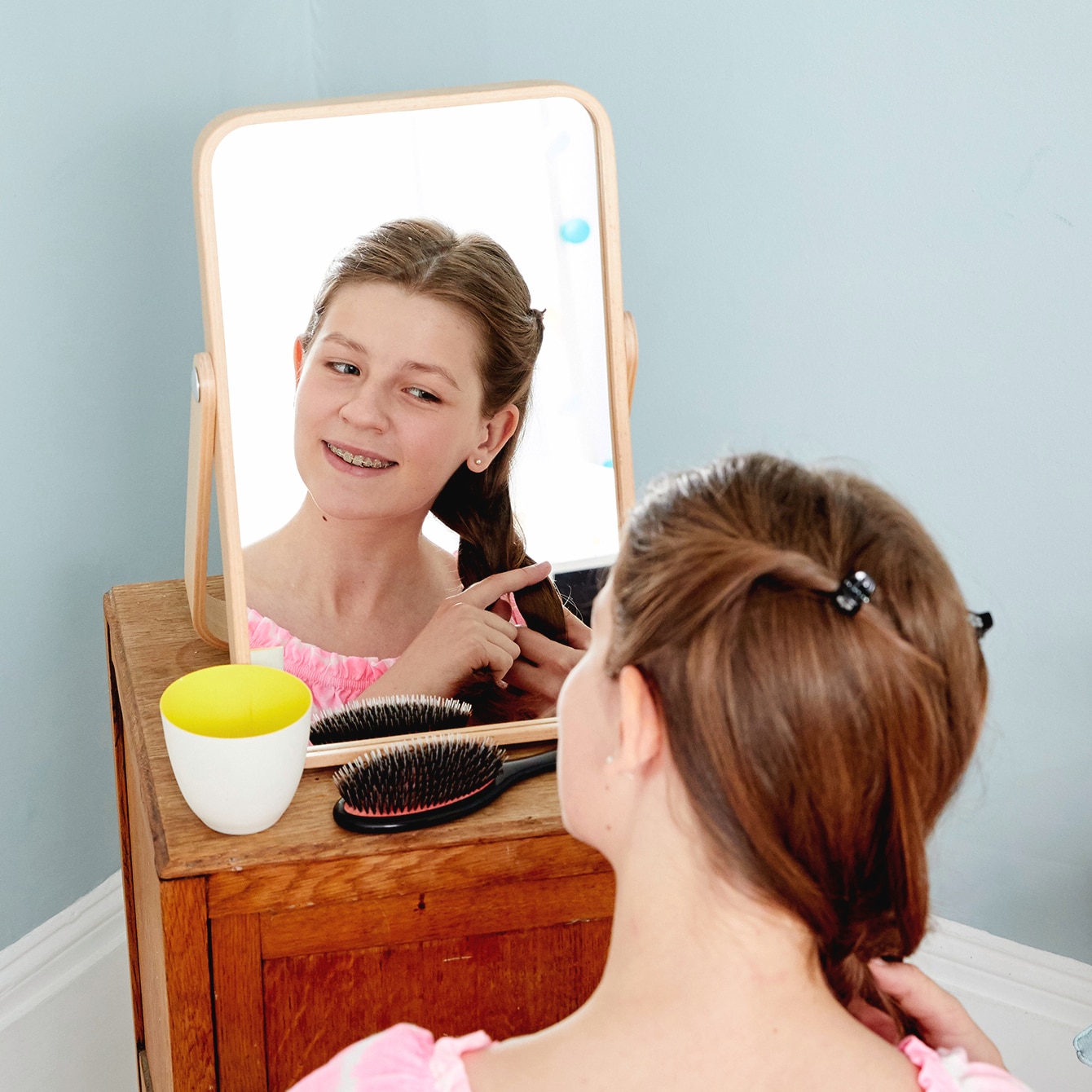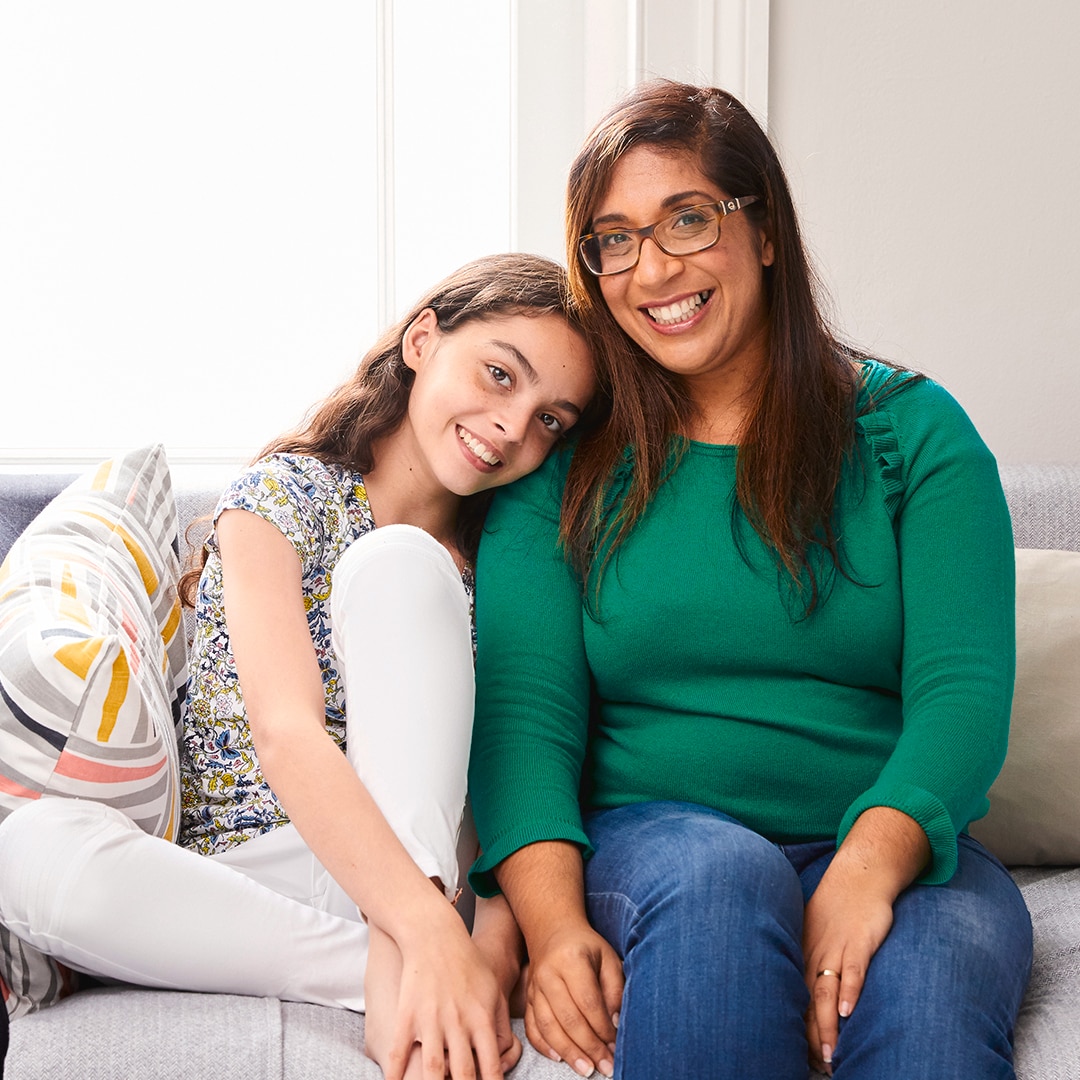Sometimes it can seem that there’s a world of difference between your own experiences growing up and your child’s.
But just because you grew up in a less digital age, it doesn’t mean your experiences are completely different. It’s the way situations and discoveries make your child feel, rather than specific details that are important. In fact, quite often the emotional upheavals of growing up are similar between parent and child.
Sharing these common emotions and how you coped with them when you were your child’s age is a great way to help them build self-esteem and encourage good communication between the two of you.
Listening first, solutions second
The key to teen communication is having good listening skills. Pay attention to any worries or difficulties your child may be having without judging them or telling them how to deal with them. Putting yourself in their shoes and imagining how they’re feeling will help foster mutual understanding and create a stronger bond between you.
Dove Self-Esteem Project expert Dr Christina Berton urges parents to “remember how different situations made you feel, and give plenty of space for listening. You want to stay connected, so you need to allow your child to share their emotions with you without feeling like you’re going to judge them.”
Good listening skills – it's about them
Some parents want to show they understand what their child is going through by sharing their own experiences. But Dr Phillippa Diedrichs, research psychologist and body image expert, believes keeping the overall focus of the conversation on your child is usually most helpful.
Sharing a related story from your own experience of growing up can be helpful if the intention is to show your child that you’ve had similar feelings in the past,” she says. “But it’s important to keep the focus of the conversation on your child, so they know you’re listening and care about their experiences.”
Different lives, shared feelings
Psychologist Dr Terri Apter🔗, author of You Don’t Really Know Me: Why Mothers and Daughters Fight and How Both Can Win, agrees. “It’s important that parents don’t expropriate their child’s experiences, as it’s unlikely they’ve had exactly the same ones,” she says. “You shouldn’t say you know exactly what it’s like – young people want to feel unique. Also, for the parent, whatever happened was a long time ago – for your child, it’s raw, and it hurts.”
And what if they tell you something beyond what you’ve experienced?
Dr Diedrichs advises parents to use empathy. “The most important thing is to show that you’re listening to them and you’re there for them to tell you whatever they need to share,” she says. “Let them know that you’ll help as best as you can.”




